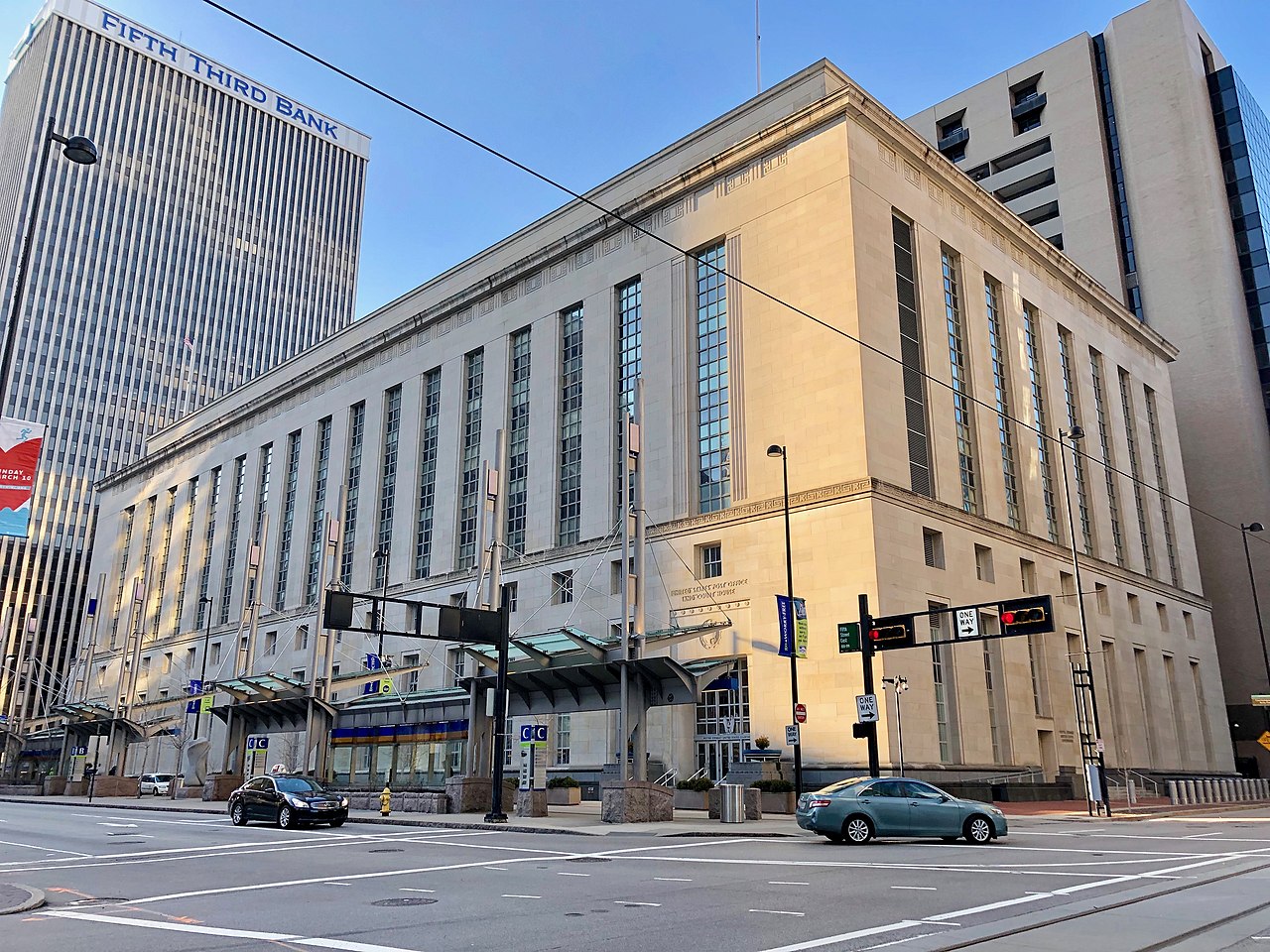Sixth Circuit Decision Notes Growing Consensus Loper Bright Applies To NLRB
By
| November 13, 2025
Loper Bright overruled the Chevron doctrine and held that the APA requires courts to independently interpret statutes without deferring to federal agencies’ views on what the law is. In its wake, questions have arisen as to whether and how Loper Bright applies to the National Labor Relations Board’s interpretations of the National Labor Relations Act, a statute that predated the APA. And the NLRB has taken the position that even after Loper Bright, its interpretations of the NLRA are entitled to deference.
The issue is not entirely settled. For example, just last week in Home Depot v. NLRB the Eighth Circuit declined to weigh in on “whether the Board’s decision that Home Depot failed to demonstrate the claimed special circumstances is a legal conclusion we review de novo and if review is not de novo, whether a less deferential standard of review is mandated by the Supreme Court’s recent decision in Loper Bright[.]” But the Sixth Circuit’s recent decision in NLRB v. Starbucks marks the latest example of courts reviewing the NLRB’s interpretations of the NLRA de novo in light of Loper Bright.
Where the NLRB finds an “unfair labor practice,” Section 10(c) of the NLRA authorizes the NLRB to issue a “cease and desist” order and “to take such affirmative action including reinstatement of employees with or without back pay, as will effectuate the policies of” the NLRA. NLRB v. Starbucks raised the question “whether Congress used ‘affirmative action” as a phrase of art referring only to equitable remedies . . . , or instead as a literal phrase encompassing all types of relief, including those legal in nature, as the Board suggests.” Writing for the panel majority, Judge Readler explained that “de novo” review applied to “the Board’s legal conclusions, including its interpretation of § 10(c),” citing Reith-Riley Construction Co. v. NLRB, a prior Sixth Circuit decision applying Loper to the NLRB.
In arguing for its broad interpretation of its remedial powers in Starbucks, “the Board obliquely suggest[ed] that [courts] may examine its remedies only for an abuse of discretion” based on pre-Chevron precedent. The Board then sought “defer[ence] to its purported discretion to set the boundaries of § 10(c)[.]” Quoting Reith-Riley, Judge Readler rejected the Board’s request for deference to its interpretation of its statutory authority to impose remedies: “That we cannot do. As we recently explained, ‘[w]e do not defer to the NLRB’s interpretation of the NLRA, but exercise independent judgment in deciding whether an agency acted within its statutory authority.’”
Emerging consensus view NLRB subject to Loper Bright
Judge Readler further noted what appears to be the consensus view on this question, writing that “[o]f the sister circuits that have addressed this issue, virtually all do likewise.” The panel majority likewise rejected the Board’s suggestion that prior NLRB inhouse cases supported its expansive interpretation of its remedial authority, quoting Loper Bright for emphasis: “Remember, ‘[c]ourts must exercise their independent judgment in deciding whether an agency has acted within its statutory authority.’” Applying its independent judgment, the panel majority ultimately rejected the Board’s reading of the phrase “affirmative action” in Section 10(c), concluding that the phrase only authorized equitable relief.
It will be interesting to see whether a clear consensus understanding emerges that Loper Bright applies with full force to the NLRB, requiring de novo review of its interpretation of the scope of its statutory authority under the NLRA (as opposed to exercises of discretion within the metes and bounds that authority). Alternatively, a clear circuit split on NLRB Loper exceptionalism requiring the Supreme Court’s intervention remains possible. A pending cert petition in United National Foods v. NLRB—which was GVR’d in light of Loper Bright and now returns to the Court for a second time—provides the Supreme Court with an opportunity to provide greater clarity on how Loper Bright applies to the NLRB, as well as other important Loper Bright-implementation questions.
Mr. Pepson is regulatory counsel at Americans for Prosperity Foundation.


